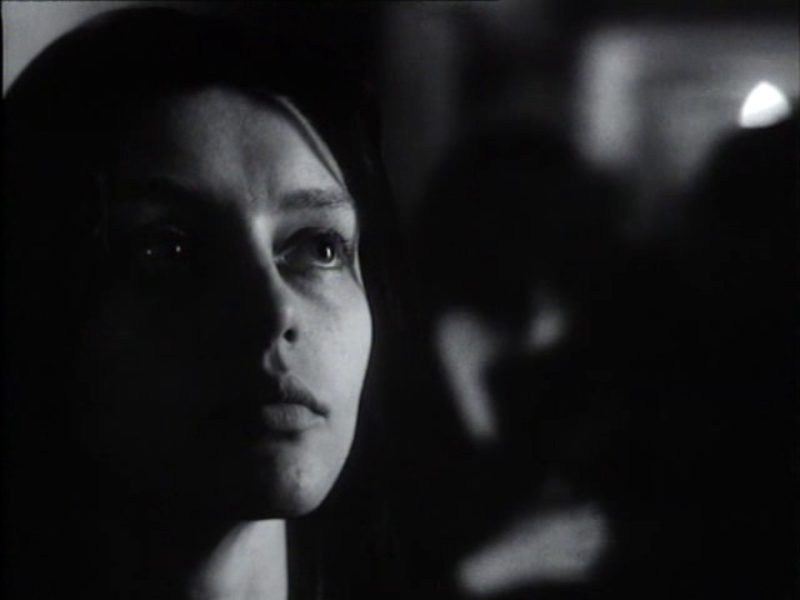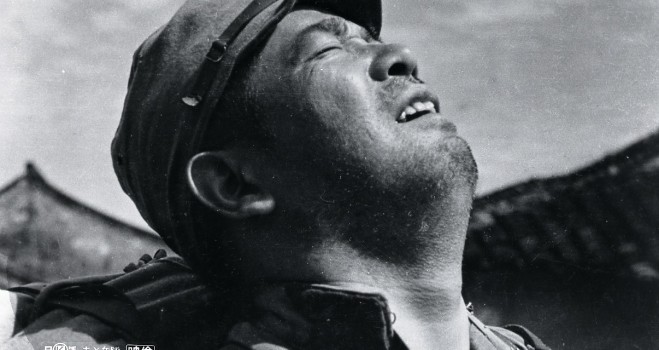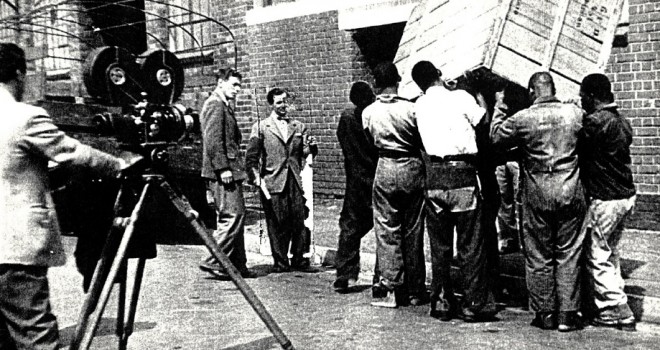In the condominium of a poor district in Vilnius, a corridor leads off to flats, each overlooking a small run-down courtyard. At the window, a blond man, an intriguing woman and a child watch their daily life play out – evocations of political repression, shared ardour, social disarray.
With no words, Corridor plunges the viewer into a cinematic trance for one and a half hours. The beauty of black and white, reminiscent of Dovjenko and Flaherty as much as Béla Tarr, and the detailed work on the soundtrack fill each shot with a compelling presentness – the power to astound, to which very few filmmakers hold the secret.
Maxime Martinot



